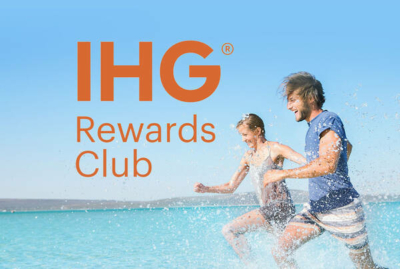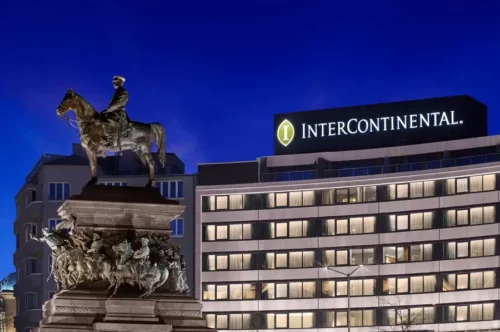Get 25% off New York redemptions at five IHG hotels
Links on Head for Points may support the site by paying a commission. See here for all partner links.
IHG Rewards Club, the Holiday Inn / HI Express / Crowne Plaza etc loyalty scheme, is offering discounted redemptions at five of its New York hotels.
You need to stay before 30th April to get the reduced rates.
The participating hotels are:
Hotel Indigo Lower East Side – usually 55,000 points, now 45,000 points
EVEN Times Square – usually 50,000 points, now 40,000 points

EVEN Midtown East – usually 45,000 points, now 35,000 points
EVEN Brooklyn – usually 40,000 points, now 30,000 points
Hotel Indigo Brooklyn – usually 40,000 points, now 30,000 points
Click through the links above for more information on each hotel. Our review of EVEN Midtown East is here.
Full details of this promotion can be found on this page of ihg.com.
PS. If you are not a regular Head for Points visitor, why not sign up for our FREE weekly or daily newsletters? They are full of the latest Avios, airline, hotel and credit card points news and will help you travel better. To join our 70,000 free subscribers, click the button below or visit this page of the site to find out more. Thank you.

IHG One Rewards update – July 2025:
Get bonus points: IHG is currently running TWO global promotions. You can register for both.
Promo 1: IHG One Rewards will give you your choice of either 2,000 bonus points for every two nights or 8,000 bonus points for every four nights you stay. The offer period is 20th May to 31st August. Click here to register and learn more.
Promo 2: IHG One Rewards is running a promotion aimed at five brands – Crowne Plaza, voco, Vignette, Candlewood and Garner. You will earn triple base points for stays at these brands until 30th September. Click here to register and learn more.
New to IHG One Rewards? Read our overview of IHG One Rewards here and our article on points expiry rules here. Our article on ‘What are IHG One Rewards points worth?’ is here.
Buy points: If you need additional IHG One Rewards points, you can buy them here.
IHG One Rewards is offering a 100% bonus when you buy points by 17th July 2025. Click here to buy.
Want to earn more hotel points? Click here to see our complete list of promotions from IHG and the other major hotel chains or use the ‘Hotel Offers’ link in the menu bar at the top of the page.



 Rob
Rob 





Comments (119)